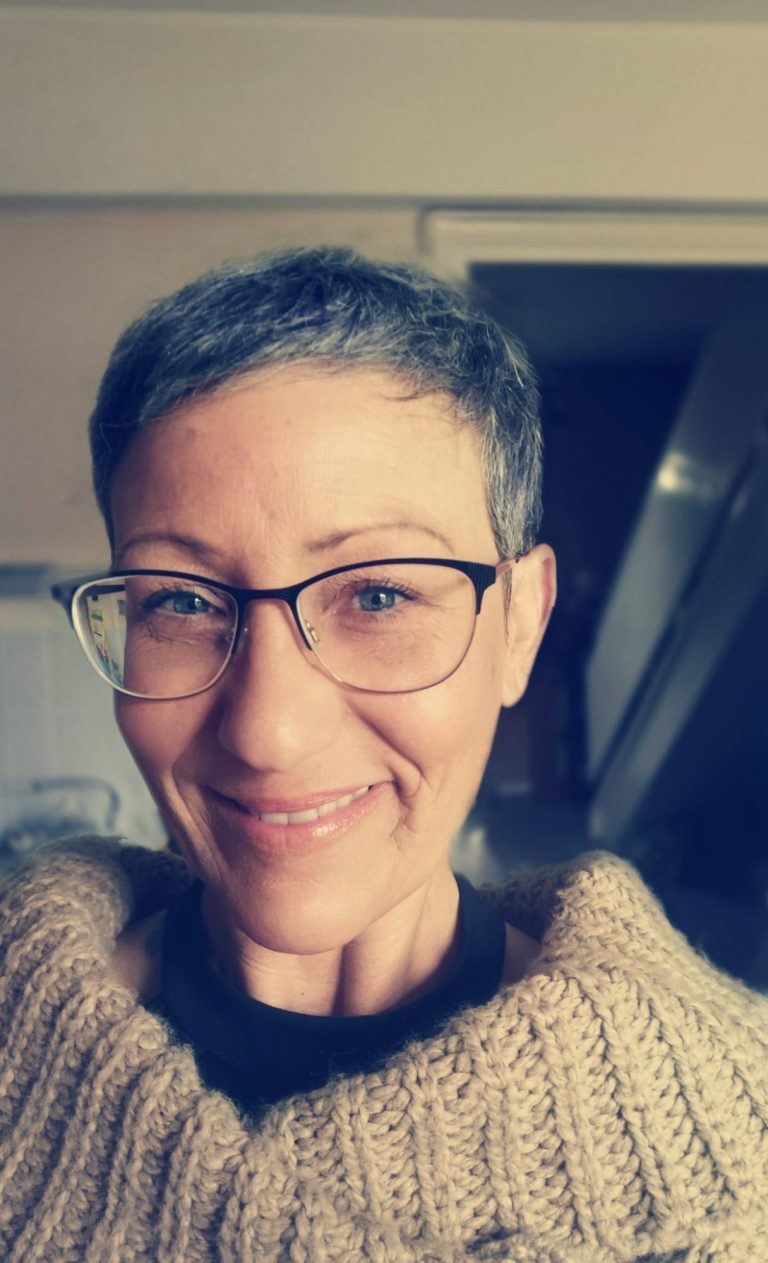Who We Are
Natasha Hawkes
Founder & Creator
Thinkers Guild
My name is Natasha and I am, first and foremost, a mum.
I have four children, aged between nine and twenty years old.
We have always been a home educating family and I knew from around the age of twenty-one that I would not be sending my children to school.
Prior to having my children I was a youth worker. I began volunteering on our local summer play-schemes at the age of fifteen and continued in that vocation until I had my first child at the age of twenty-six.
I worked in America as an au pair, looking after two boys, aged nine and twelve. I worked in South Korea as an English teacher for children and adults, and more recently, I volunteered for my children's Scout troop and helped out at a local autism charity during the school holidays.
I am currently a volunteer for an advocacy hotline and my main role is supporting parents when dealing with government organisations, schools and medical professionals.
I have a BA from the University of Sheffield in Law and Criminology and I have studied psychology, sociology and English literature.
From a young age, possibly around fourteen, I knew I wanted to support children and young people in becoming the best that they could be. I vividly recall, telling the careers advisor that I wanted to 'inspire people' when I grew up. Her answer was, "Well, that's not quite what I meant when I asked!" (For those interested, the list of suitable careers suggested to attain this lofty goal included teacher, lawyer, social worker and journalist.)
Being able to home educate my own children made me acutely aware of the differences between those children who attend school, and those who do not.
I silently began to realise that those within 'the system' were being 'herded' towards conformity, compliance and group-think. Whereas, for the most part, home educated children were going in the opposite direction. This was particularly apparent when a family was following a 'child-centered' approach, which we were.
I happened upon a lecture one day, about classical education, specifically the trivium, and realised that I was almost following that style of teaching/facilitating, with my own children without even knowing what it was, nor why it was so important. I fully encouraged my children to ask as many questions as they could think of and I never considered myself to be the arbiter of truth, nor the authoritative voice on what/how they were learning.
As time passed I discovered that I had always been a free-thinker (in spite of my extended and successful mainstream education) and I found that I supported my children in being the same, even when our ideas clashed (which was fairly often!). I never wanted my children to take my word for anything and I wholeheartedly encouraged them to question everything and seek out their own answers.
In 2014, I came across the concept of 'logical fallacies' and proceeded to learn about cognitive biases, the art of debate and how to encourage critical thinking in others.
Now, in 2024, with my own children needing less of my time, I am finally able to turn my attention back to inspiring others, particularly young people and children, to become the best versions of themselves.
'Soft skills' as they are called, such as critical thinking, emotional resilience, conflict resolution and problem solving skills, are in high demand in the workplace and it seems they are being all but neglected by the education system (some would say that this is deliberate, but that is a discussion for another time).
In my opinion, it is absolutely vital that the children and young people of the twenty-first century are equipped with these skills as they grow into adulthood. The ability to 'sort the wheat from the chaff' has never been more pressing as we move into the post-modern age of AI.
And that brings us to today.
I have created what I hope are a series of engaging, interactive, memorable and fun courses to help children develop and embrace these skills.
I look forward to hearing from you.
Best Wishes
Natasha

©Copyright. All rights reserved.
We need your consent to load the translations
We use a third-party service to translate the website content that may collect data about your activity. Please review the details in the privacy policy and accept the service to view the translations.